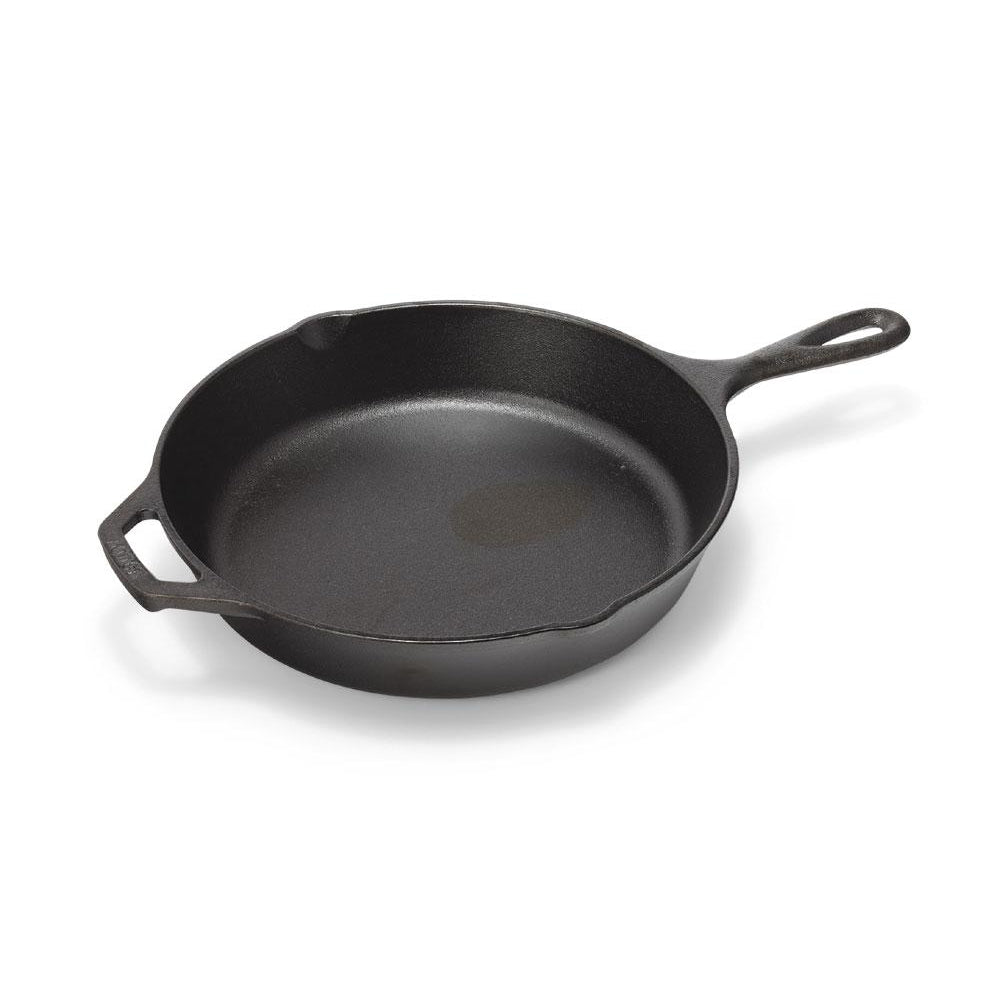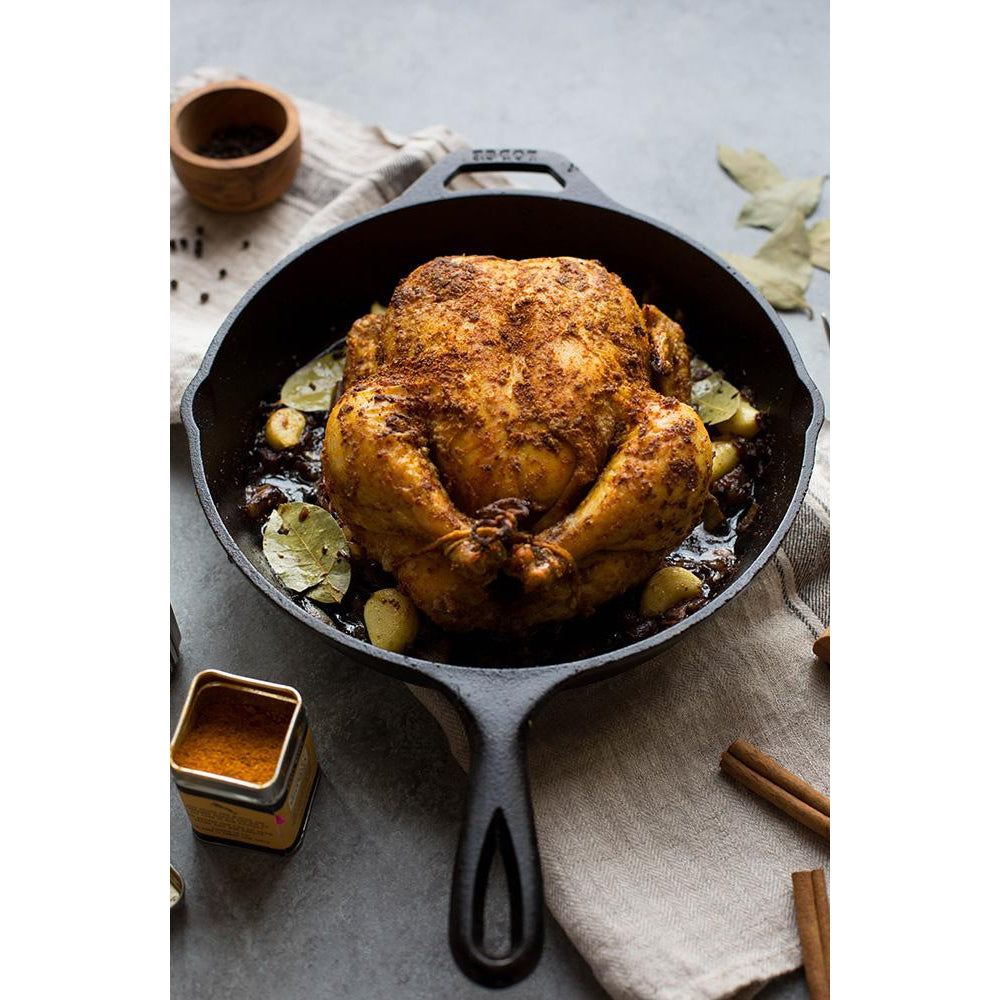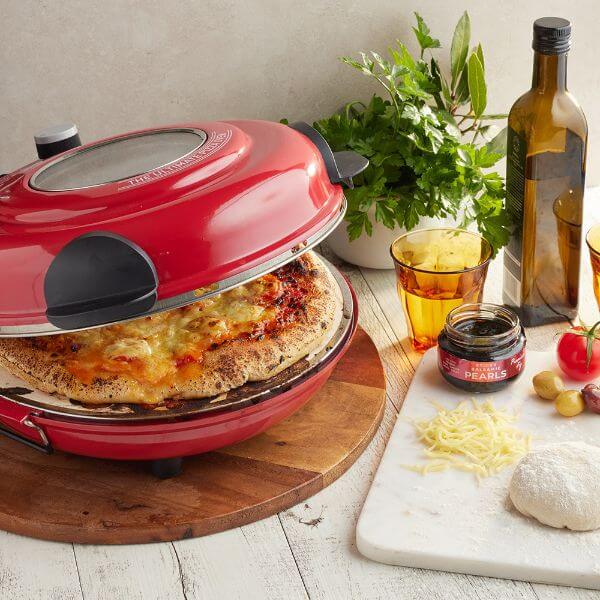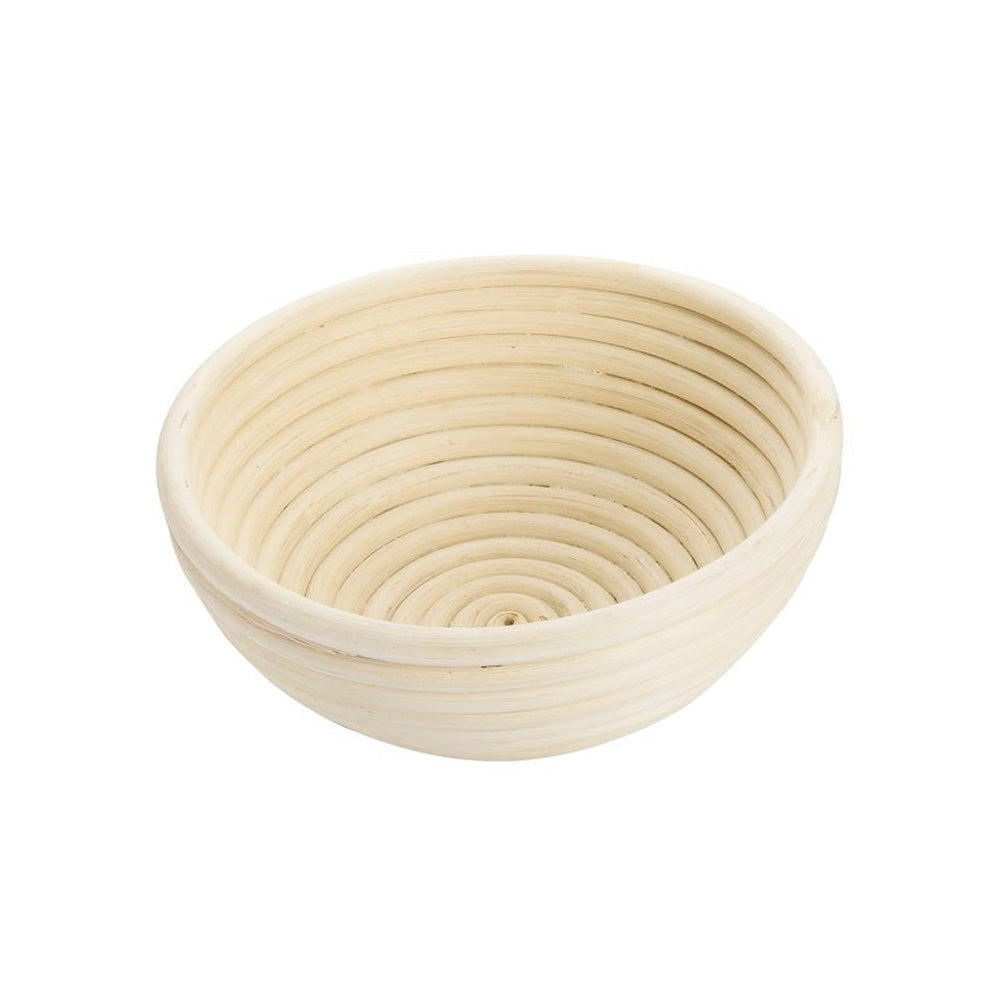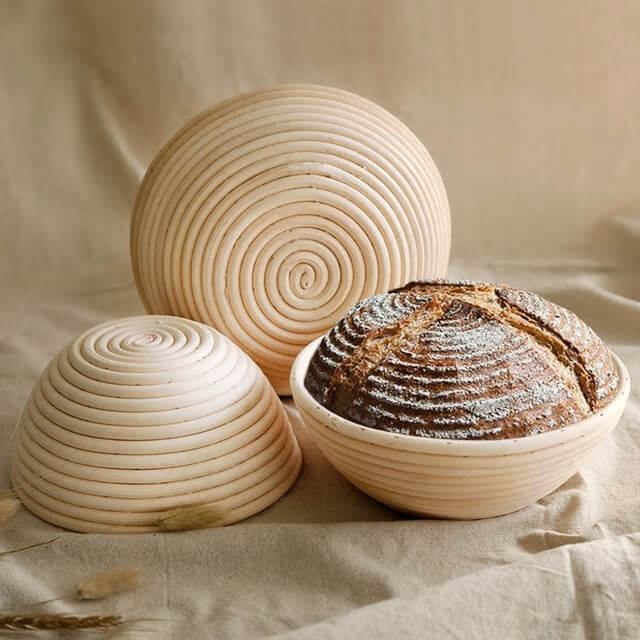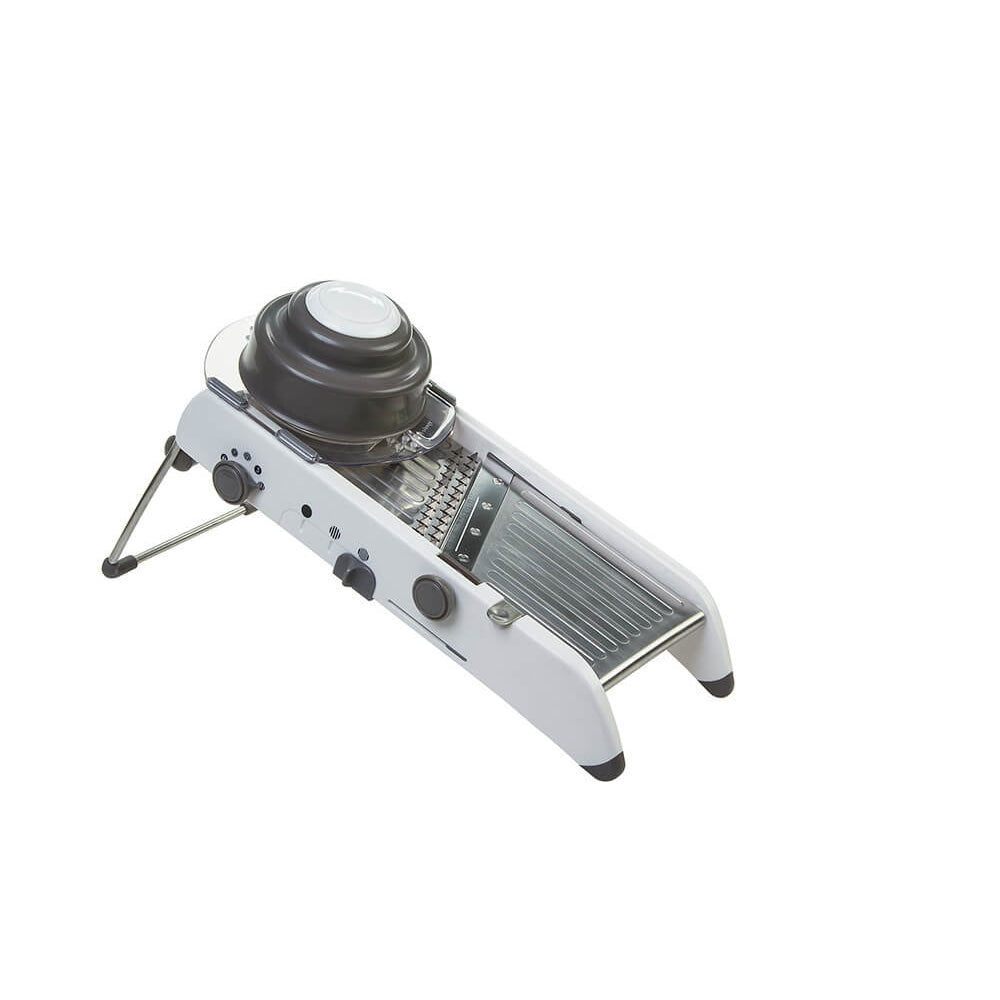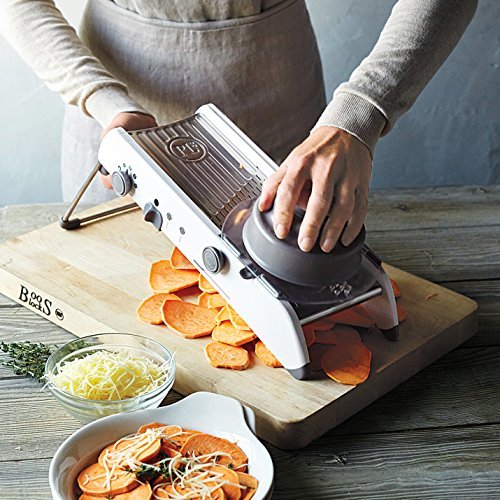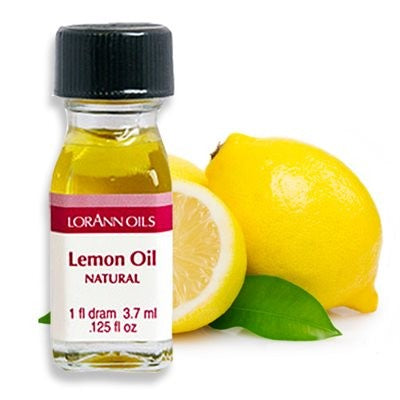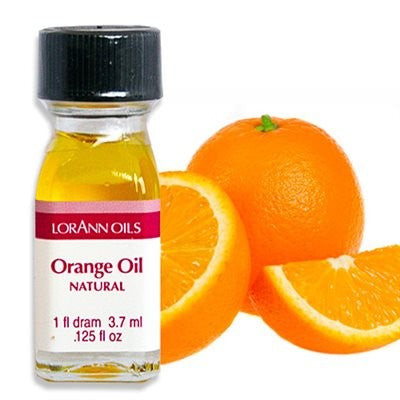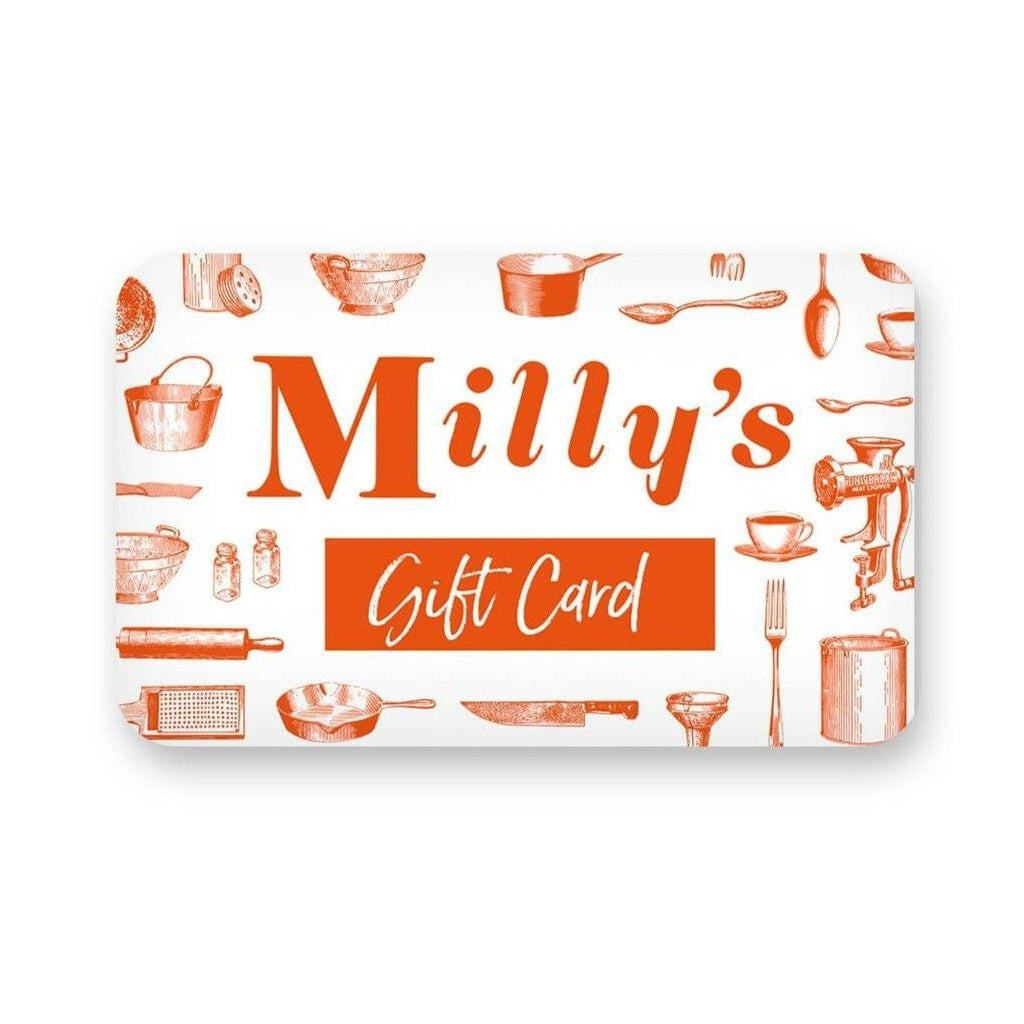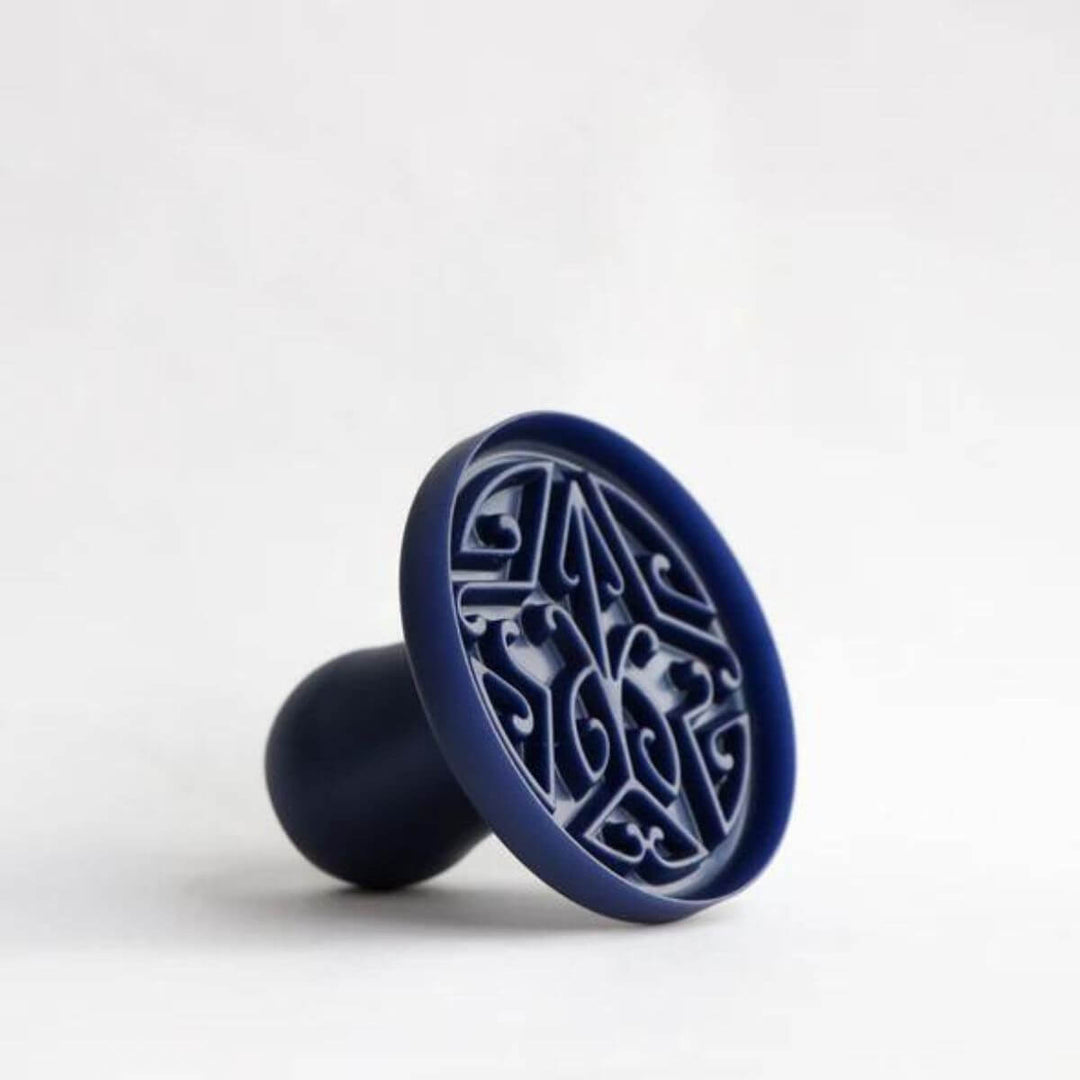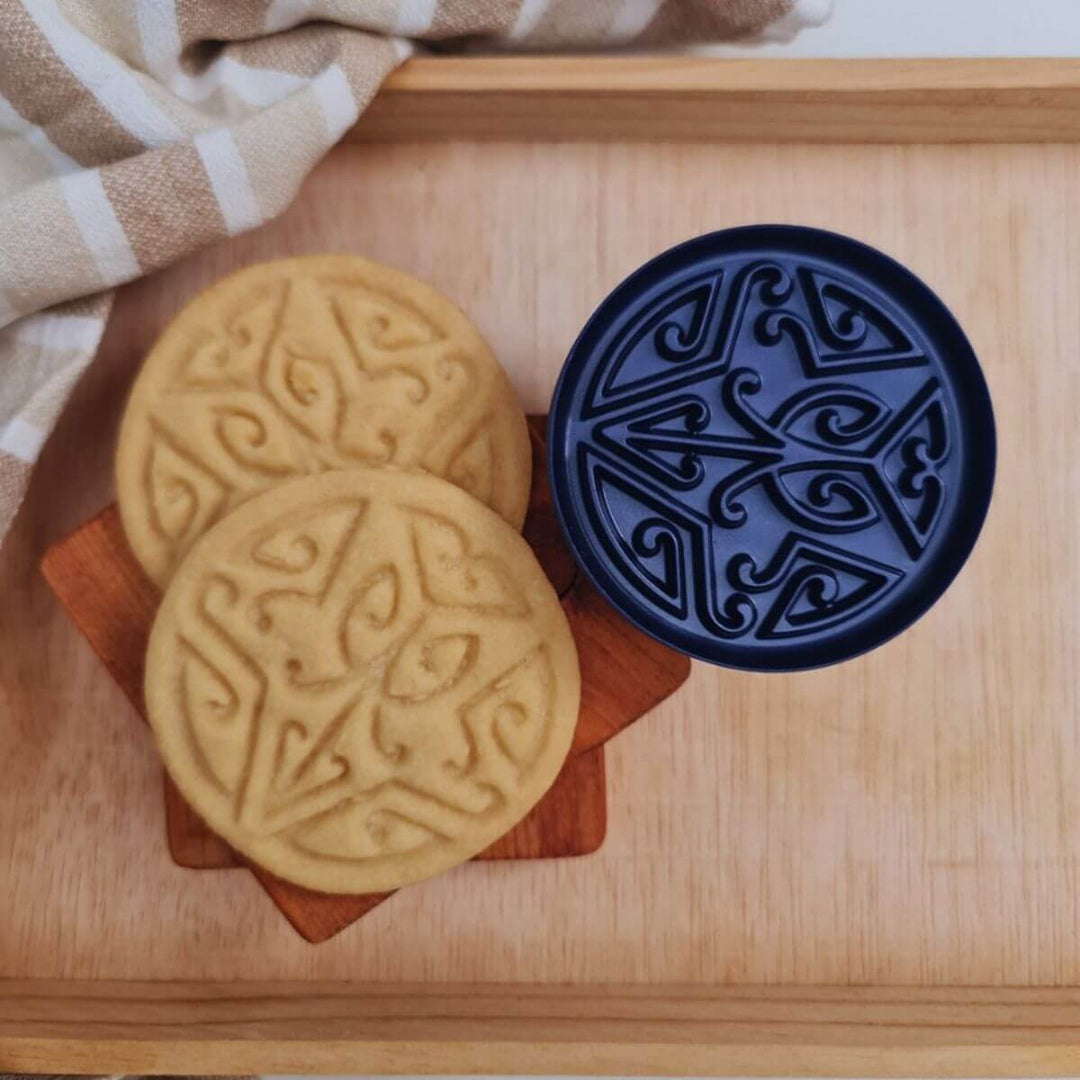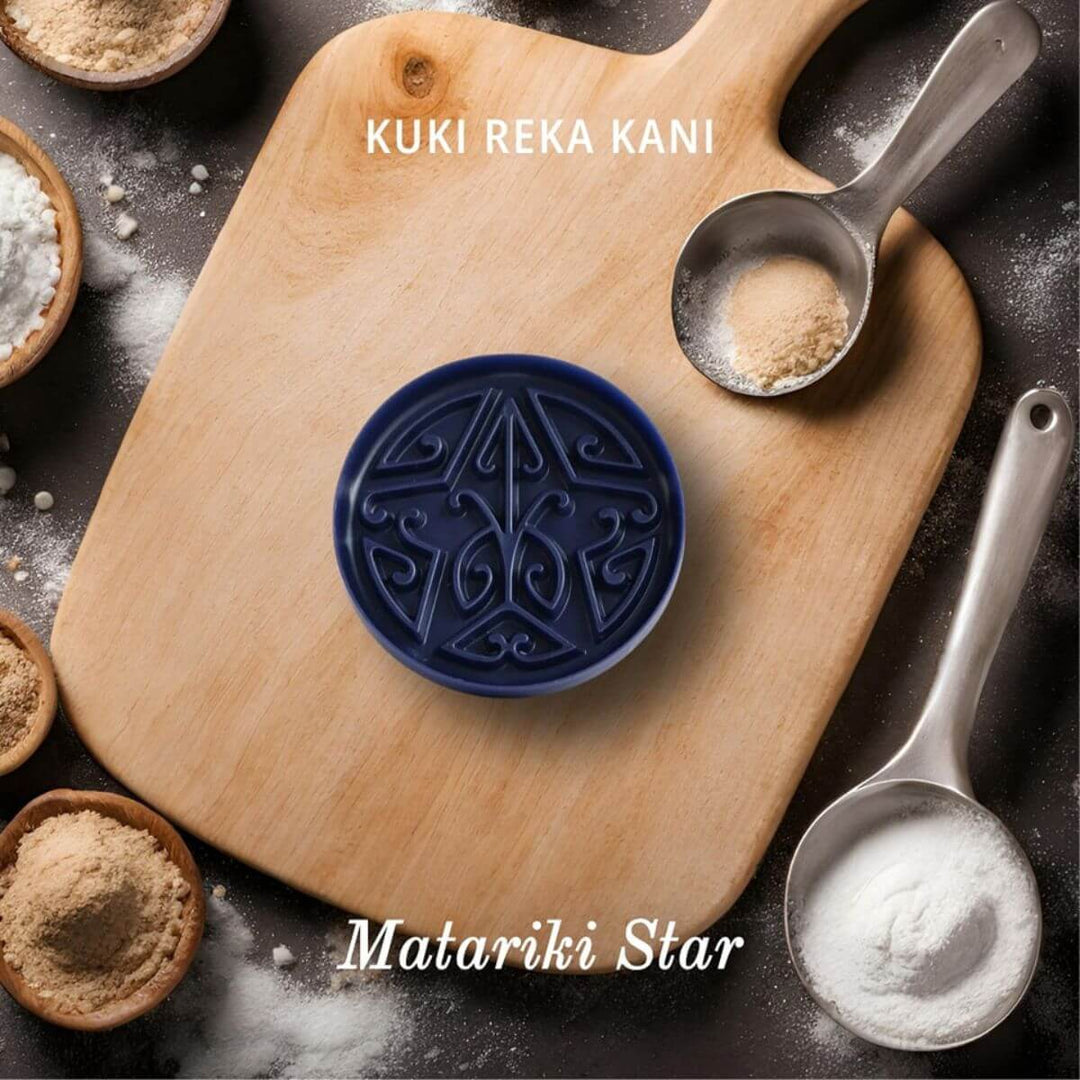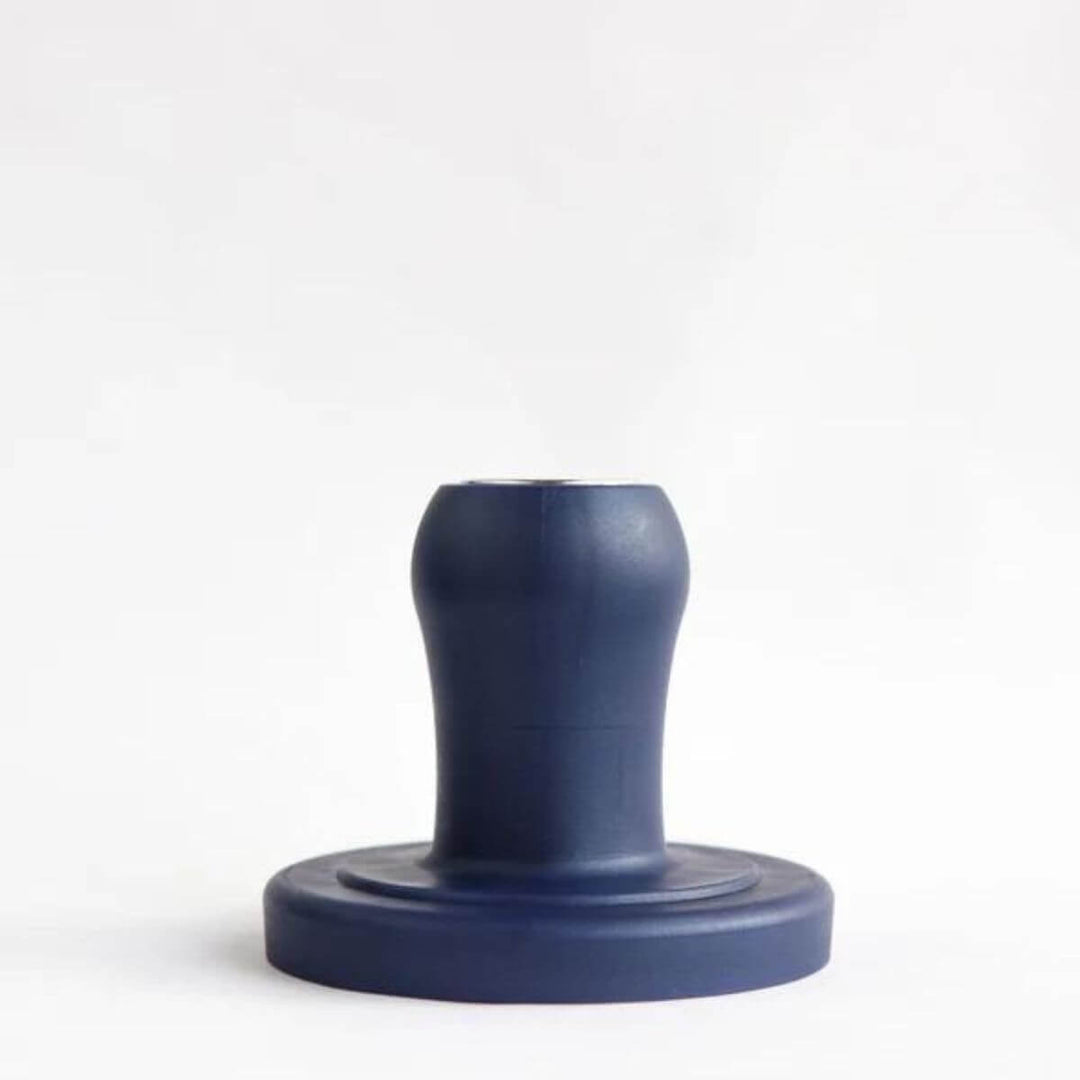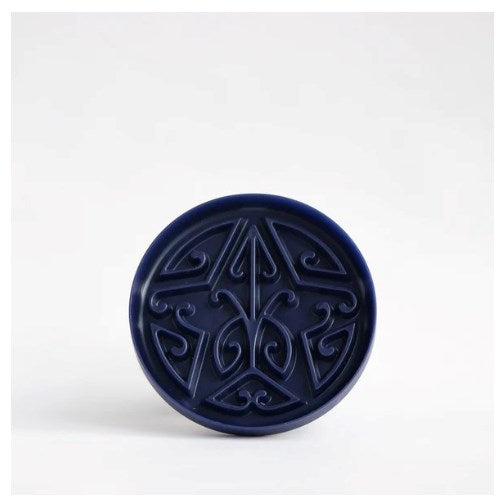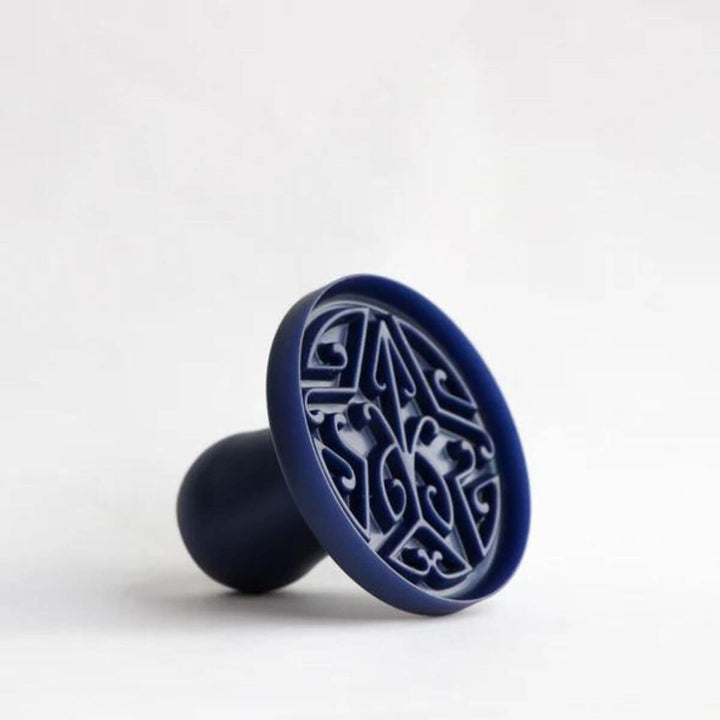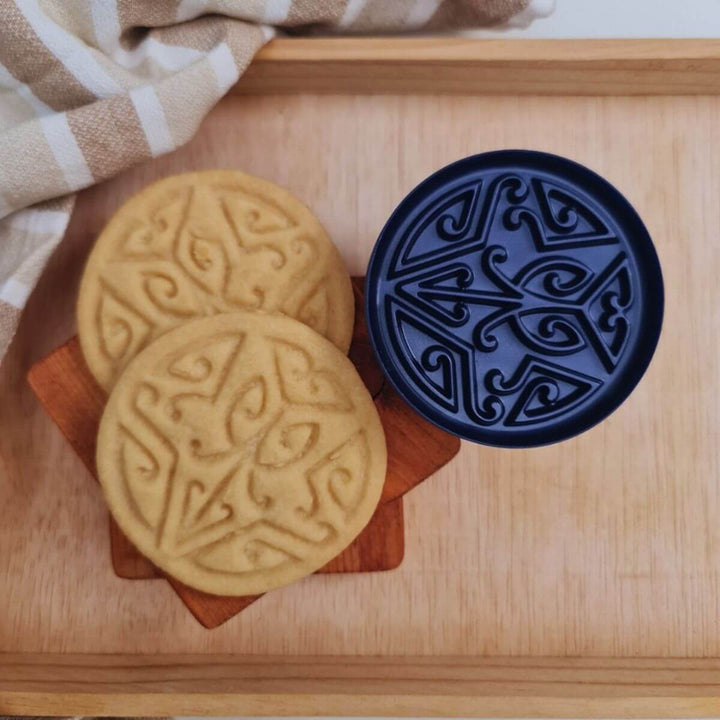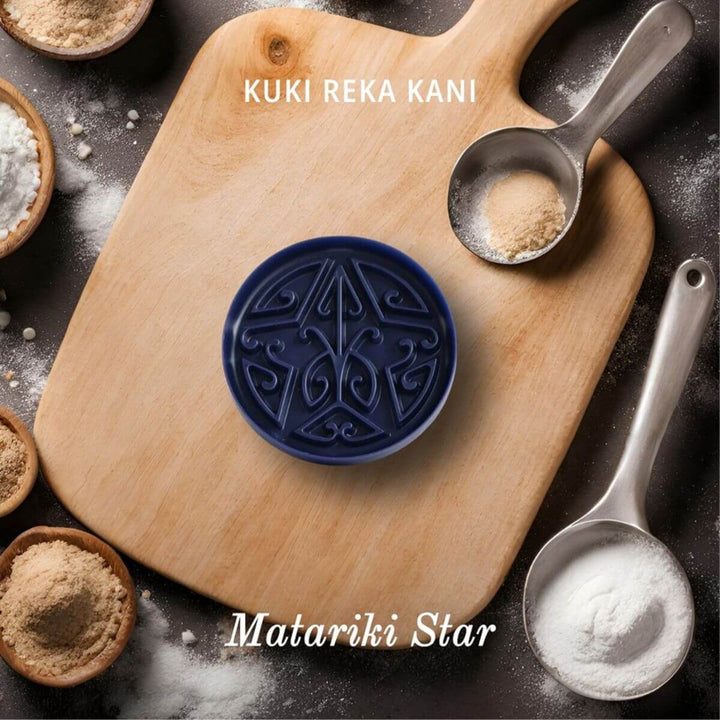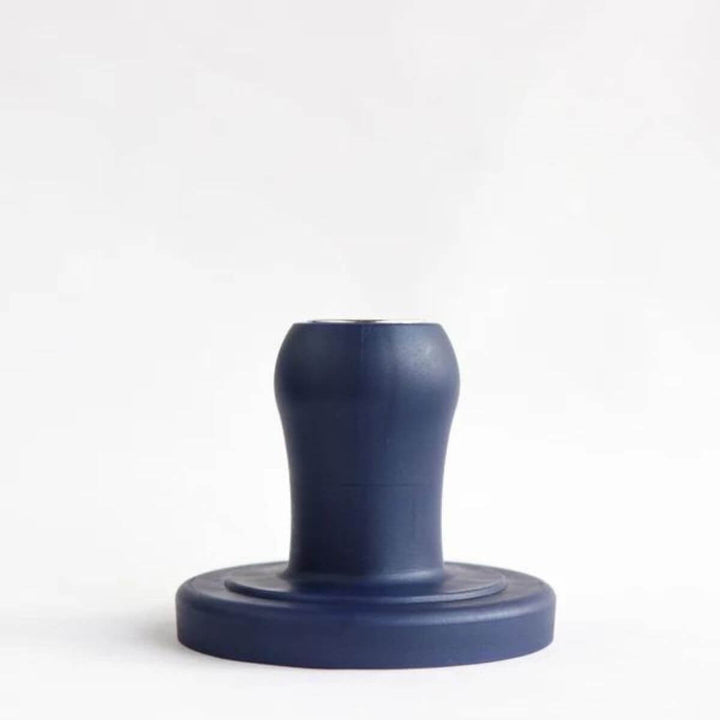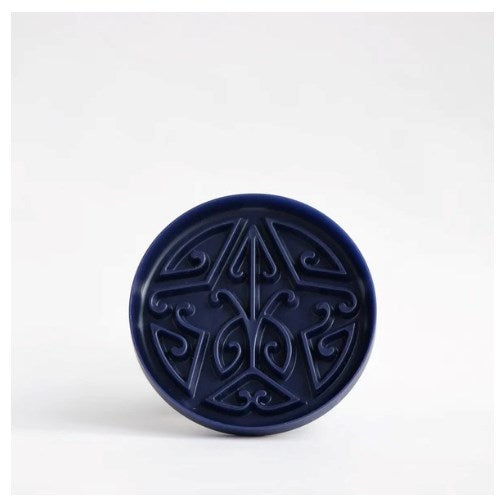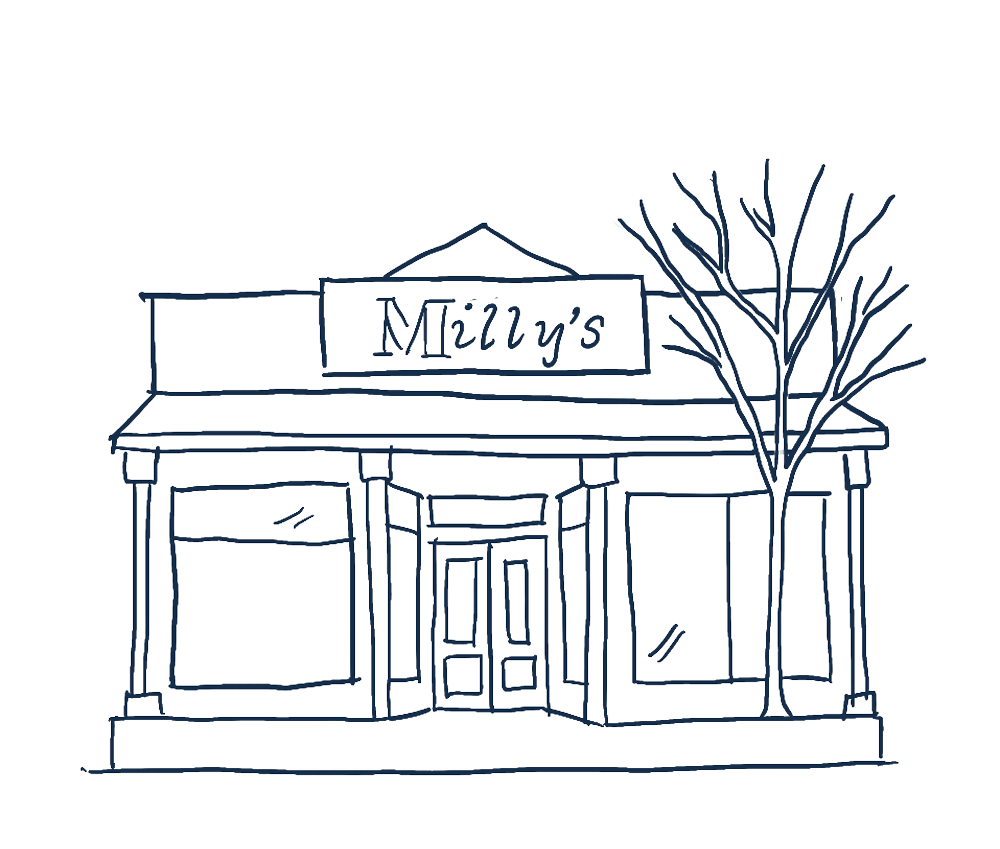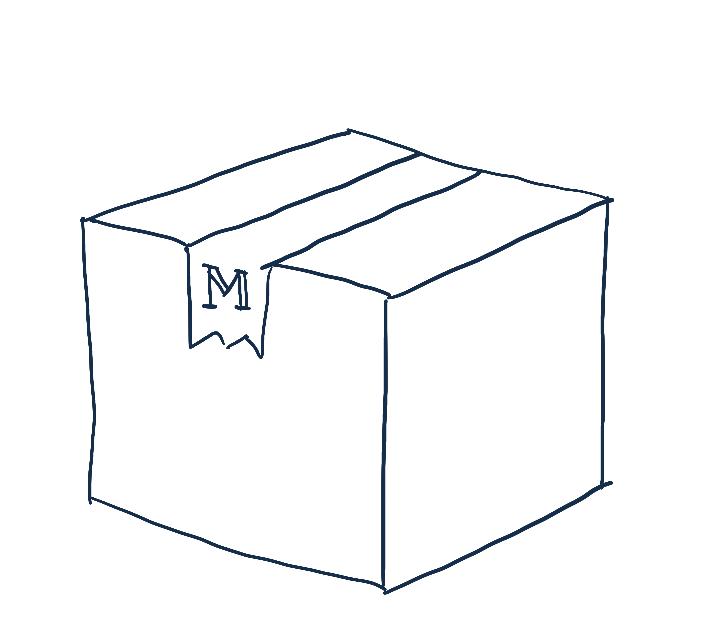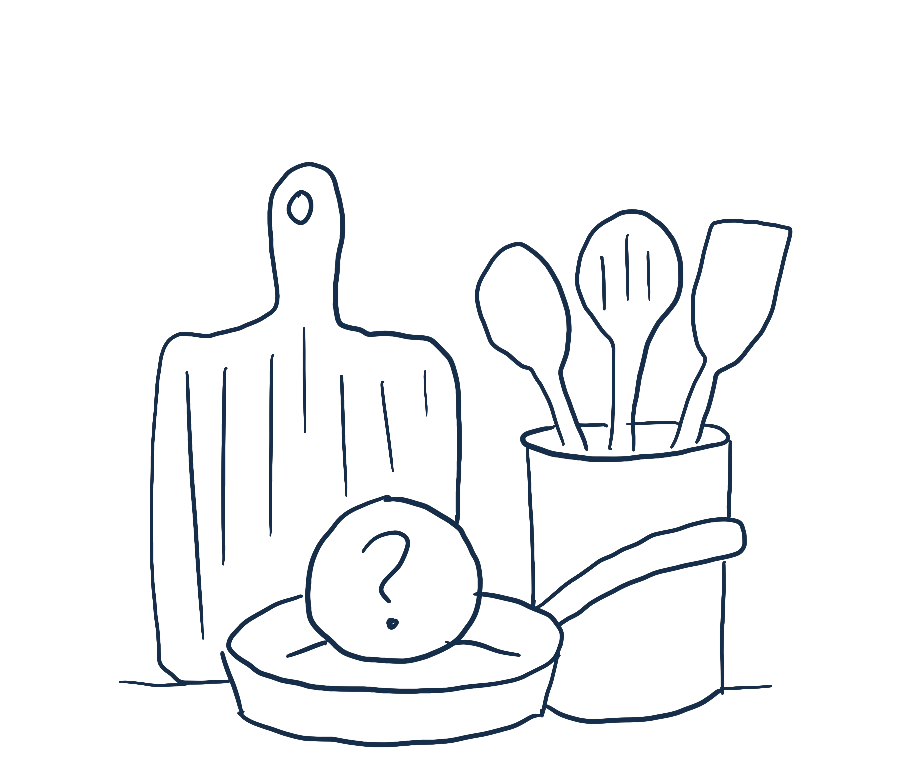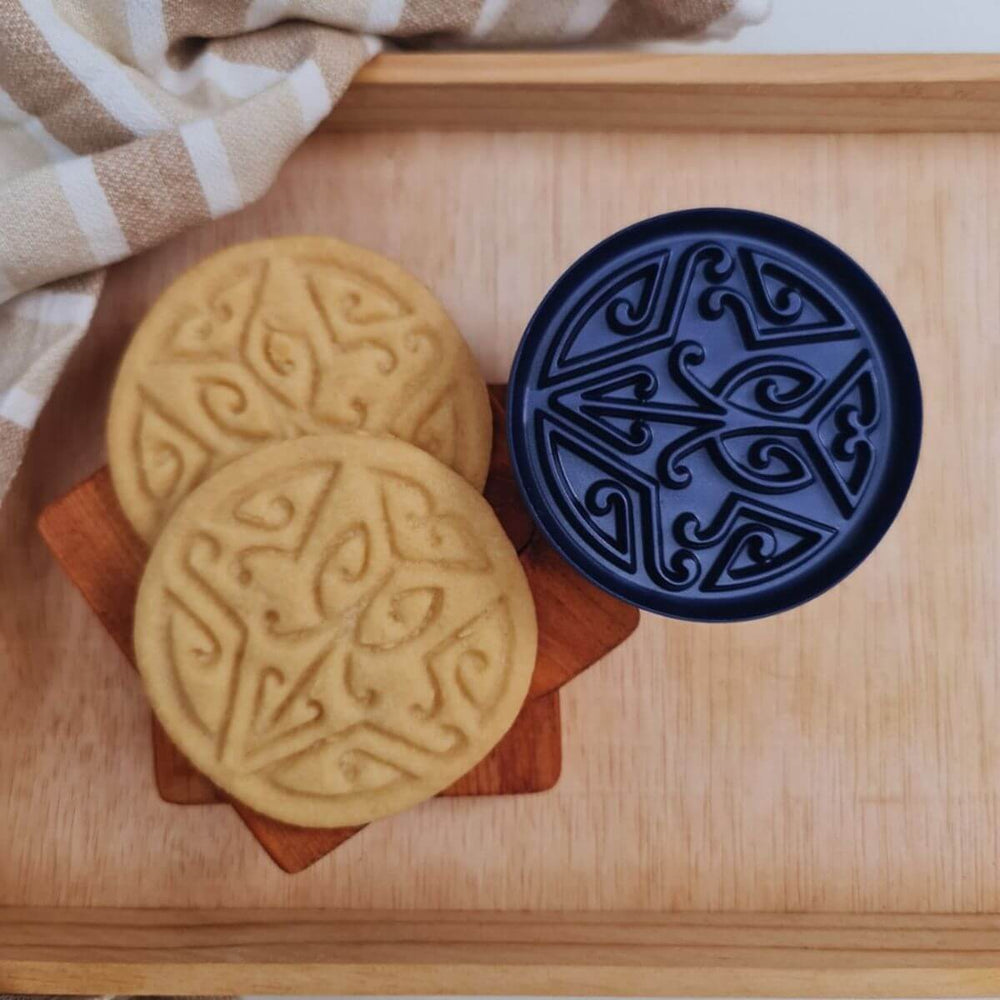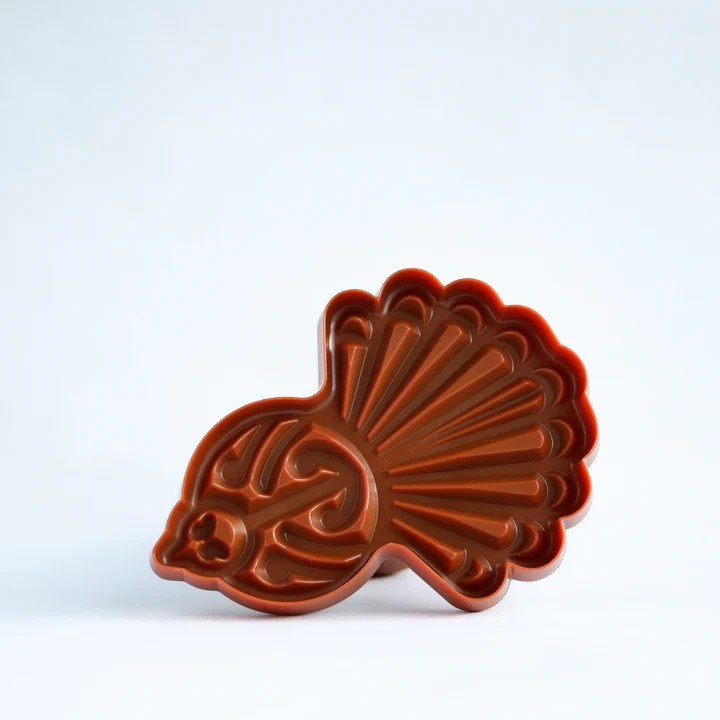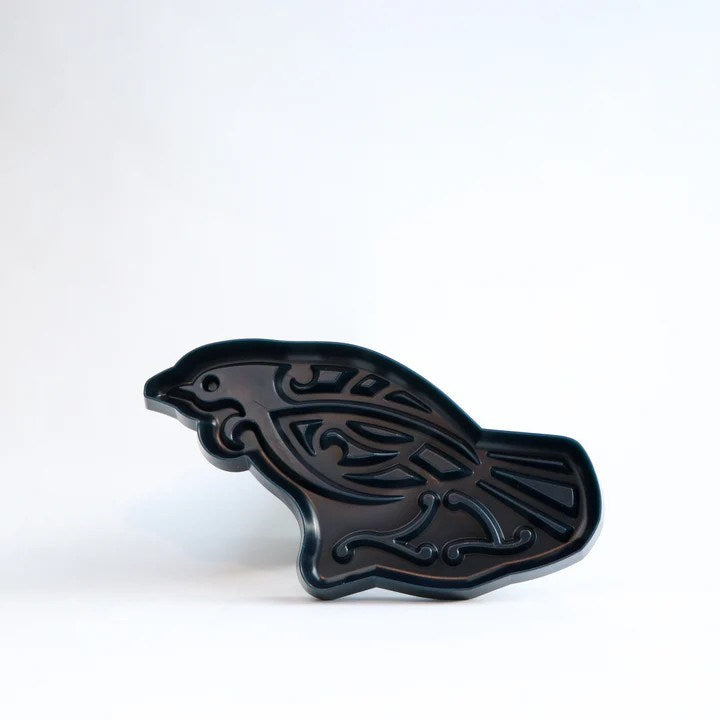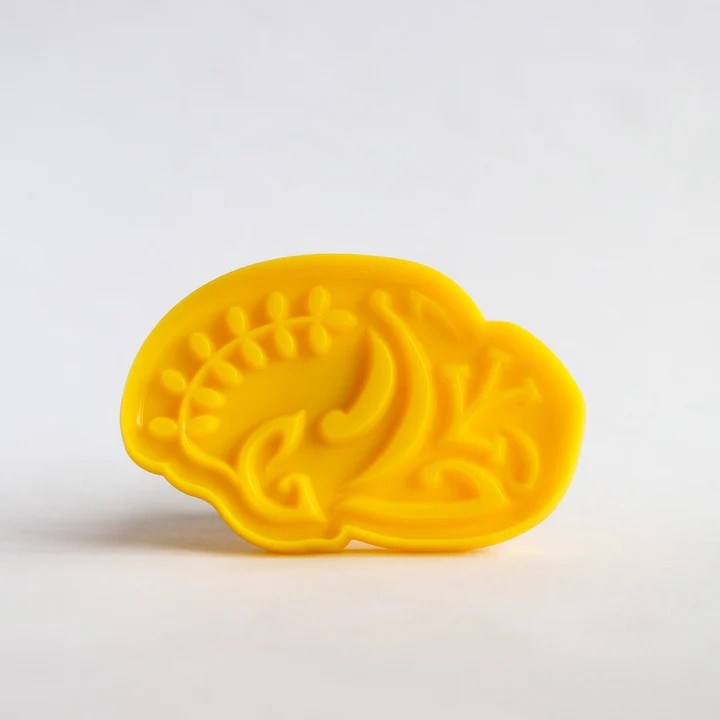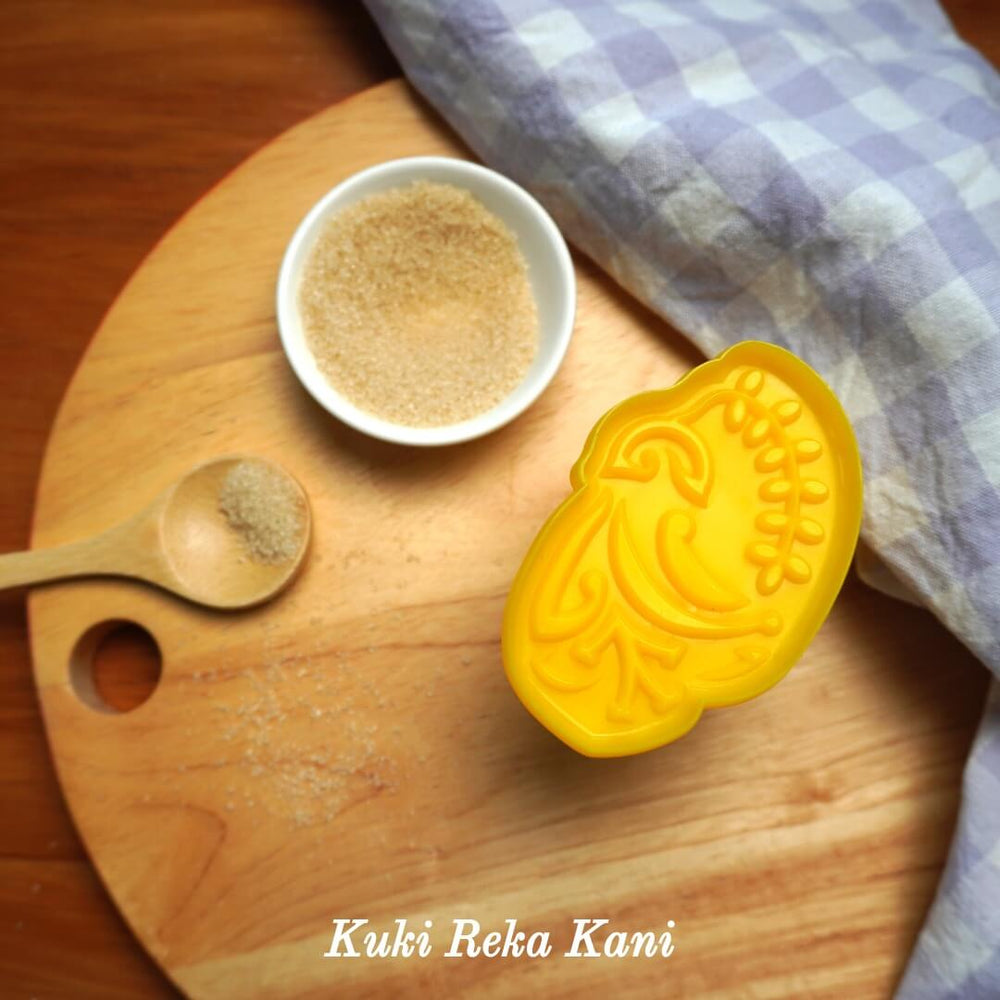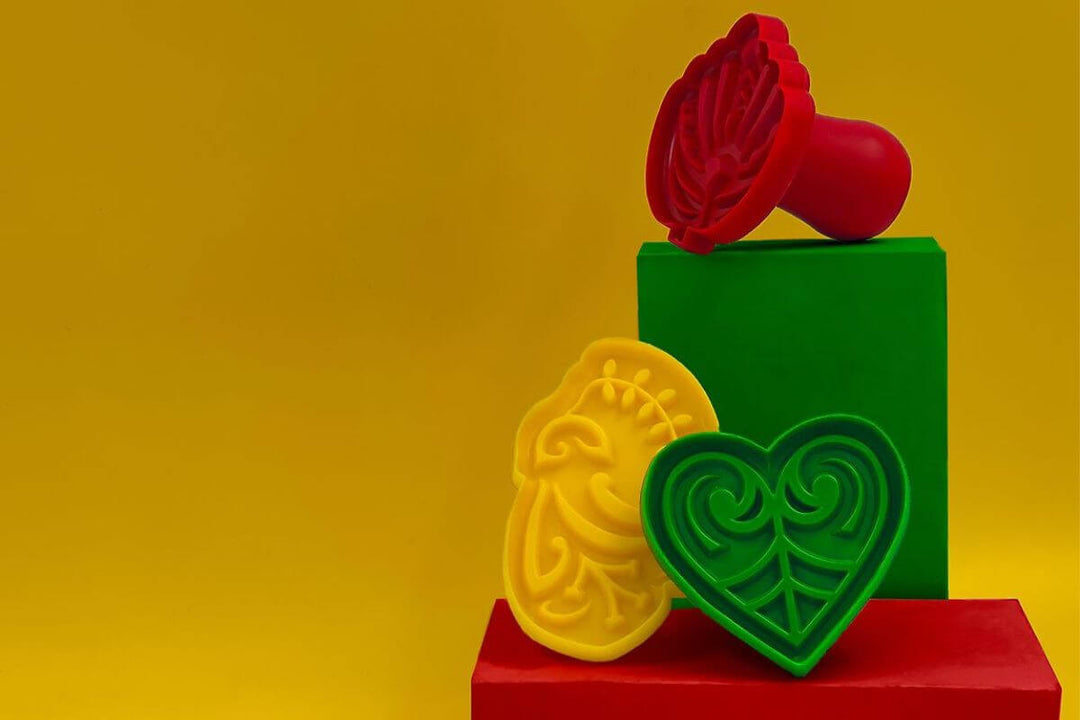Kuki Reka Kani Matariki Cookie Cutter
- Free Freight $150.
- Free Click & Collect from our Ponsonby Store
- Got a Question? Chat or call us Ph: 09 376 1550
- Same Day Auckland $45
Matariki is the Māori name for the Pleiades star cluster.
According to Māori mythology, Matariki is the mother surrounded by her six daughters. However, there are nine stars in the cluster that represent different aspects of the natural world and are associated with various deities and guardians.
Matariki and her daughters travel across the sky each year to visit Papatūānuku, the Earth Mother. This journey signals it is time to celebrate the Māori New Year, a time to honour the past, celebrate the present, and plan for the future.
Dimensions: W79mm x L79mm x H64mm D10mm
Top Tip: We've found these work best when you dip the cutter in flour as you go, to assist in releasing the dough. We recommend a firm mix and it's best without chocolate chips etc to block the impression.
Kuki Reka Kani: Kaumātua Inspired Cookie Cutters
The Kuki Reka Kani are unique cookie cutters, inspired, developed and named by our lovely Kaumātua at Rauawaawa Kaumātua Charitable Trust. The cutters were initiated to help Kaumātua with dementia, to engage in cooking therapy that promoted Te Ao Māori, cultural heritage, and whakapapa in a social and fun way. Cooking therapy stimulates smell, taste and touch senses in dementia patients which can bring back memories from decades ago.
Several hui were held with groups of Kaumātua to help identify the most appropriate Māori designs for use in kai. The chefs at Rauawaawa helped shape the development of the designs to ensure the cutters worked easily with people from Kaumātua engaged in cooking therapy, tamariki in schools, rangatahi in home economics classes, home cooks and their whānau and professional chefs.
The cutters are designed to cut through the dough and leave a pattern imprinted on the dough in one easy push. This makes them gentle on both elderly hands as well as providing a large grip for children to hold. The patterns reflect the look of a chiseled whakairo rākau (wood carving), an important aspect in Māori culture.
Top Tip: We've found these work best when you dip the cutter in flour as you go, to assist in releasing the dough. We recommend a firm mix and it's best without chocolate chips etc to block the impression.
Milly's Kitchen is committed to deliver your order as quickly as possible.
If you can add the product to your cart without pre-order or order-only info showing, then we have the item/s in-store and they're available for immediate dispatch. Please see our shipping page for approximate delivery times.
At Milly's Online, your satisfaction is guaranteed. If for any reason you are not happy, we will gladly replace, exchange (subject to availability) or refund within 7 days of purchasing any goods returned un-used with the applicable packaging as supplied (excluding order-only items).
Please note if you can add the product to your cart without a pre-order message popping up, then we have stock available for immediate dispatch.
Where there's a "Pre-order" or "Order only" product message, these items are out of stock in-store and not available for immediate supply, the restock estimation times will be noted with the listing.
If you place an order for out-of-stock items, any stock we have in transit will be allocated to fill your order as soon as the delivery arrives or we will include stock when we next order from that supplier.
Pre-Order Items
These are products we generally carry in-store and will often have ordered with the supplier, as soon as the stock arrives we will ship with our standard shipping estimate times or let you know the product is ready for your collection (for Click & Collect orders).
Order Only Items
Many of the brands we carry have a large selection of colours and specialty products that we don't necessarily carry in-store, however we're happy to order these specifically for your purchase.
Please select carefully as, because these are not pieces we carry in-store, these items can not be returned for exchange or refund due to a change of mind.
Occasionally we're advised of delays or out-of-stock issues from our suppliers, we will contact you as soon as we're made aware of these and you can decide how you'd like to proceed from there.
Free Freight for purchases over $150.00*
No Charge Click & Collect from our Ponsonby store.
Courier Freight Charges:
- Auckland (Orewa to Pokeno) $7.50
- Rural Auckland (including Waiheke Island) $14
- Nationwide $10.00
- Rural Charge of an extra $4.00 applies to rural delivery
*In-store only gift cards are excluded from our free freight offer, if you'd prefer not to pay for freight please consider purchasing the online version.
See our Shipping Info for all the Shipping Terms & Conditions.


